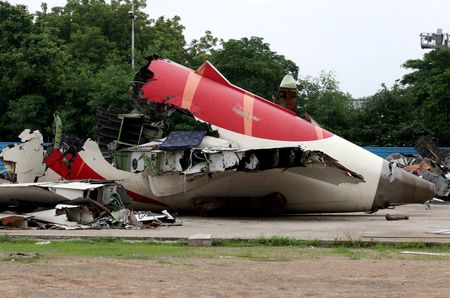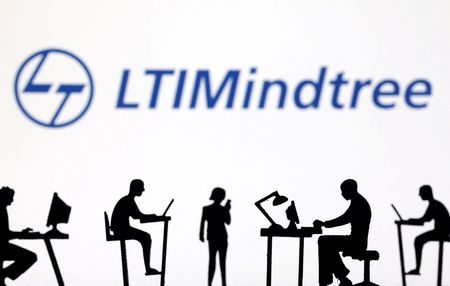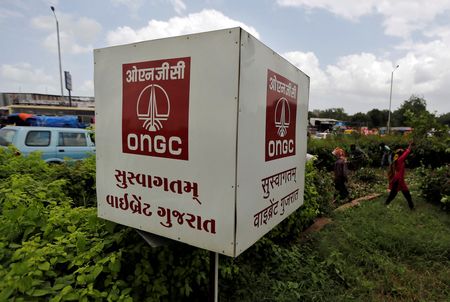NEW DELHI (Reuters) – India’s aircraft accident investigation body said on Thursday it was too early to reach any “definite conclusions” on what led to the deadly Air India Boeing plane crash last month that killed 260 people.
“We urge both the public and the media to refrain from spreading premature narratives that risk undermining the integrity of the investigative process,” Aircraft Accident Investigation Bureau (AAIB) chief GVG Yugandhar said, adding that the investigation is still not complete.
Earlier on Thursday, the Wall Street Journal, citing people familiar with U.S. officials’ early assessment of evidence, reported that a cockpit recording of dialogue between the two pilots of the flight indicated that the captain cut the flow of fuel to the plane’s engines.
Reuters could not independently verify the Wall Street Journal’s report.
The AAIB’s preliminary report on the crash on Saturday said one pilot was heard on the cockpit voice recorder asking the other why he cut off the fuel and “the other pilot responded that he did not do so.” It did not identify who made those remarks.
The two pilots in the flight deck were Captain Sumeet Sabharwal and First Officer Clive Kunder, who had total flying experience of 15,638 hours and 3,403 hours, respectively.
Kunder, who was flying the plane, asked Sabharwal why he moved the fuel switches to the “cutoff” position seconds after lifting off the runway, according to the Journal report.
The newspaper did not say if there was any evidence that Sabharwal did move the switches, beyond the verbal exchange it cited. But it quoted U.S. pilots who have read the Indian authorities’ report as saying that Kunder, the pilot actively flying, likely would have had his hands full pulling back on the Dreamliner’s controls at that stage of the flight.
(Reporting by Abhijith Ganapavaram, Editing by Mark Potter, William Maclean)










